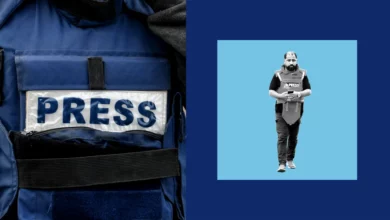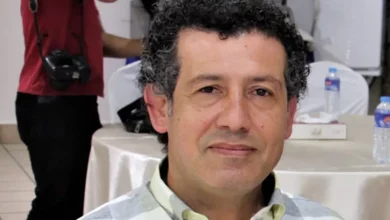Civil society plays a parallel role to that of the state. It also works independently of it. Contemplating civil society in Egypt, however, we discover that the state is actually part of it. The Egyptian state has broken into civil society, establishing state-run nongovernmental organizations like the National Council for Human Rights (NCHR). So is the state taking on a role that belongs to other entities?
The NCHR’s vice president, Ahmed Kamal Abul Magd, was removed from his position, to be replaced by Moqbel Shaker. The secretary general of the NCHR, Mokhles Qutb, was also ousted and it is said that he will be replaced by Major General Nashaat el-Helali, assistant minister of the interior and former head of the Police Academy.
How can the NCHR then be considered to be part of a civil society that is independent from the state? What stand will it take on incidents of torture at police stations? Who will it side with?
Civil society essentially represents citizens. How can the NCHR assume such a role if figures known for their unswerving loyalty to the state and the political regime are in charge of it?
In fact, these figures are members of the executive authority. The new make-up of the NCHR suggests it will be more resolute in its defense of the regime.
And one becomes all the more skeptical of the NCHR’s role when taking into consideration the fact that parliamentary and presidential elections will be held soon. Does the timing of NCHR shake-up signify anything? One can’t help but wonder.
If el-Helali is put on board, then the NCHR will be indisputably transformed into a government council–or rather, a security council.
But those security forces often commit violations themselves. Wouldn’t it be better to establish a human rights department within the interior ministry, instead of ruining Egypt’s civil society?
It appears that the state is annoyed with the NCHR, whose members seem to have operated under the assumption that their council is, in fact, a truly national one that seeks to address human rights violations. But the NCHR has always attempted to reconcile its role with the interests of the state, and was never vested with the powers to implement its own recommendations.
Why isn’t the NCHR outright affiliated to the interior ministry, or the ministry to the NCHR?
It’s so funny, it makes one cry with laughter.
Tranlsated from the Arabic Edition.




